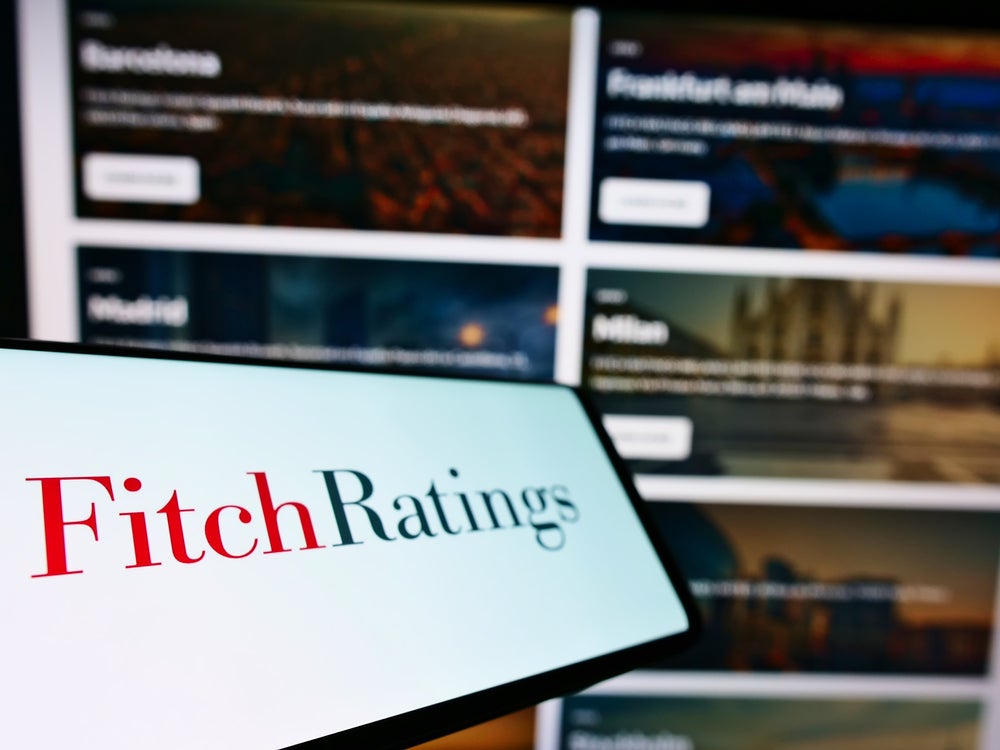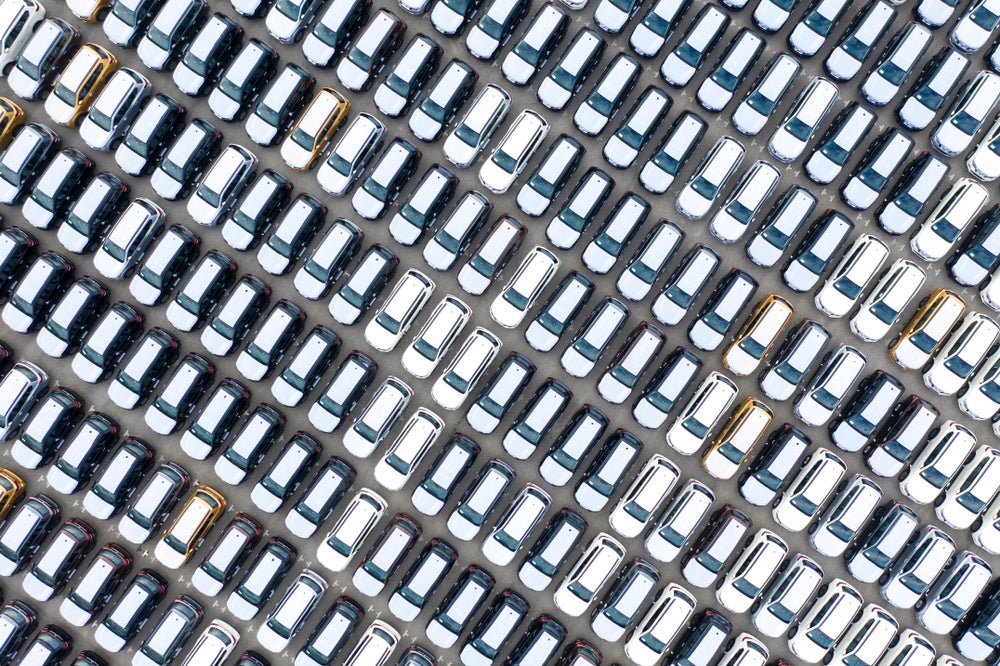
European carmakers are expected to face a decline in profitability in 2025 due to the combined impact of global trade tensions, weakening demand in China, and the accelerating transition to electric vehicles (EVs), according to Fitch Ratings.
Fitch said recently announced U.S. tariffs will have negative consequences for automotive production and sales, prompting manufacturers to reassess their global manufacturing strategies and cut fixed costs. Rising raw material prices and ongoing cost pressures from suppliers are expected to further strain margins. These developments add to Fitch’s prior expectation of a low-single-digit decline in European vehicle sales.

Access deeper industry intelligence
Experience unmatched clarity with a single platform that combines unique data, AI, and human expertise.
The credit rating agency warned that tariff risks are especially significant for companies exporting vehicles from Japan, Korea, and Germany to the U.S. Volkswagen is expected to be particularly affected, with its high-margin luxury brands — Audi and Porsche — likely to face pressure on free cash flow and rating headroom. Mercedes-Benz also faces downside risk, as its U.S. production hub for sport utility vehicles could be exposed to retaliatory Chinese tariffs.
Fitch noted that while the burden of higher tariffs is likely to be shared between suppliers and automakers, the latter are expected to shoulder the larger share. Disruptions in production may also hit suppliers’ cash flows, particularly those highly dependent on automaker volumes. Although a recently announced EU-U.S. trade agreement appears consistent with Fitch’s expectations, details remain unclear and require approval from EU member states.
Structural challenges also persist. European auto production remains 15%–20% below pre-pandemic levels and is unlikely to recover soon. Fitch attributes this to a slower-than-expected EV transition, growing foreign competition, and shifting consumer preferences. Carmakers like Volkswagen and Stellantis have begun rationalising operations through plant closures and layoffs, which will weigh on short-term cash generation. One-off restructuring costs are expected to amount to roughly 1% of median free cash flow.
In China, German premium brands continue to lose market share to domestic players and are experiencing intensifying price competition — even in the typically more resilient premium segment. While some European automakers are partnering with Chinese firms in areas like autonomous driving and software to stem further losses, Fitch does not expect significant improvement in competitive positioning in the near term.

US Tariffs are shifting - will you react or anticipate?
Don’t let policy changes catch you off guard. Stay proactive with real-time data and expert analysis.
By GlobalDataOn the EV front, Fitch expects European automakers to rebound from a sluggish 2024 with increased battery EV sales in 2025, driven by new model launches and competitive gains against non-EU rivals. However, this growth will come with tighter margins as Chinese brands expand their market presence and infrastructure in Europe.
As a result of these pressures, Fitch said profitability and free cash flow generation declined in 2024 and will likely deteriorate further in 2025. The agency has issued Negative Outlooks and taken negative rating actions across the sector. Nevertheless, most investment-grade manufacturers retain solid balance sheets, supported by strong capital structures and net cash positions, which provide some buffer against ongoing challenges.







